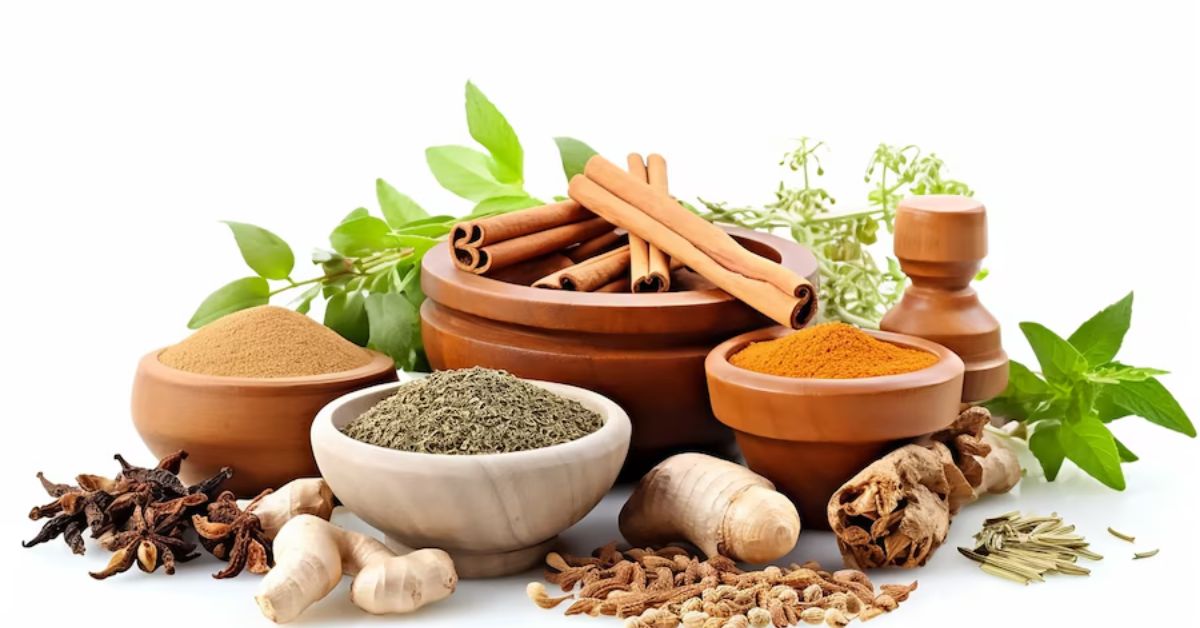The use of medical marijuana has become increasingly accepted across the United States, with many states implementing programs to provide patients with access to this alternative form of treatment. Virginia is among the states that have embraced the therapeutic potential of cannabis for certain medical conditions. If you are a resident of Virginia and are considering medical marijuana as a treatment option, understanding how to get a medical marijuana card in Virginia is crucial. This guide will walk you through the entire process, from determining eligibility to purchasing medical cannabis from licensed dispensaries.
The Legal Framework for Medical Marijuana in Virginia
Before diving into the specifics of obtaining a medical marijuana card in Virginia, it’s essential to understand the legal framework that governs the use of medical cannabis in the state. In 2020, Virginia passed legislation that legalized medical marijuana for patients with qualifying conditions. The full implementation of the program occurred in July 2021, allowing registered patients to legally purchase and use medical cannabis.
The Virginia Board of Pharmacy oversees the medical marijuana program, ensuring that patients, healthcare providers, and dispensaries comply with state regulations. To legally obtain and use medical marijuana in Virginia, patients must go through a series of steps, starting with obtaining a medical marijuana card.
Qualifying Conditions for a Medical Marijuana Card Virginia
To be eligible for a medical marijuana card in Virginia, patients must have a qualifying medical condition. The list of qualifying conditions includes, but is not limited to:
Chronic Pain: A common qualifying condition, chronic pain can be debilitating and significantly impact daily life. Medical cannabis has been shown to provide relief for many patients suffering from chronic pain.
Cancer: Patients undergoing cancer treatment often experience severe side effects such as nausea, vomiting, and pain. Medical marijuana can help alleviate these symptoms.
Epilepsy: Cannabis has demonstrated effectiveness in reducing the frequency and severity of seizures in patients with epilepsy.
Multiple Sclerosis: Medical marijuana can help manage symptoms such as muscle spasms and pain associated with multiple sclerosis.
Post-Traumatic Stress Disorder (PTSD): Patients with PTSD may benefit from medical cannabis, particularly in managing anxiety and sleep disturbances.
Glaucoma: Medical cannabis can reduce intraocular pressure in patients with glaucoma.
It’s important to consult with a healthcare provider to determine if your condition qualifies for medical marijuana treatment in Virginia.
How to Get a Medical Marijuana Card in Virginia
Consult with a Registered Healthcare Provider
The first step in obtaining a medical marijuana card in Virginia is to consult with a healthcare provider who is registered with the Virginia Board of Pharmacy to recommend medical cannabis. Not all healthcare providers in Virginia are authorized to issue medical marijuana recommendations, so it’s crucial to find a registered provider. This can typically be done through online directories or by contacting the Virginia Board of Pharmacy for a list of registered providers.
Complete a Medical Evaluation
During the consultation, the registered healthcare provider will conduct a thorough medical evaluation to determine if medical cannabis is a suitable treatment option for your condition. The evaluation will involve reviewing your medical history, discussing your symptoms, and possibly conducting a physical examination. The provider will assess whether medical marijuana can effectively manage your symptoms and improve your quality of life.
Obtain a Medical Marijuana Certification
If the healthcare provider determines that medical marijuana is appropriate for your condition, they will issue a medical marijuana certification. This certification is a critical document that indicates you are eligible to use medical cannabis for therapeutic purposes. The certification will include details such as your name, the healthcare provider’s information, and the recommended use of medical marijuana.
Register with the Virginia Board of Pharmacy
After obtaining your medical marijuana certification, the next step is to register with the Virginia Board of Pharmacy to obtain your medical marijuana card. You will need to create an account on the Board’s online portal and submit the necessary documentation, which includes:
A copy of the medical marijuana certification issued by your healthcare provider
Proof of Virginia residency (e.g., a driver’s license or utility bill)
A valid government-issued ID
A passport-style photo for your medical marijuana card
Submit the Application and Pay the Fee
Once you have gathered all the required documents, you can submit your application through the Virginia Board of Pharmacy’s online portal. The application process involves providing personal information, uploading the necessary documents, and paying the application fee. It’s essential to ensure that all information is accurate and complete to avoid any delays in processing your application.
Application Review and Approval
After submitting your application, the Virginia Board of Pharmacy will review it to ensure that all requirements are met. The review process can take several weeks, so it’s important to be patient. During this time, the Board may contact you for additional information or clarification if needed.
Receive Your Medical Marijuana Card
Once your application is approved, you will receive your medical marijuana card. This card is a vital piece of identification that allows you to legally purchase medical cannabis from licensed dispensaries in Virginia. You should carry your medical marijuana card with you at all times when in possession of medical cannabis.
Purchasing Medical Cannabis in Virginia
With your medical marijuana card in hand, you can now purchase medical cannabis from licensed dispensaries in Virginia. Here’s what you need to know about purchasing medical cannabis:
Finding a Licensed Dispensary
Virginia has several licensed dispensaries located throughout the state. Patients can find a list of licensed dispensaries on the Virginia Board of Pharmacy’s website. It’s advisable to visit the dispensary’s website or contact them directly to learn more about their product offerings and any specific requirements for purchasing.
Choosing the Right Product
Dispensaries offer a wide range of medical cannabis products, including oils, tinctures, capsules, edibles, and topicals. Patients should consult with the dispensary’s staff to find the product that best suits their needs. It’s important to start with a low dose and gradually increase it as needed, following the guidance of the healthcare provider.
Legal Considerations
Patients must always carry their medical marijuana card when purchasing or possessing medical cannabis. It’s also important to note that medical cannabis cannot be consumed in public places and must be used in accordance with Virginia’s laws and regulations.
Benefits of Medical Marijuana
For many patients, medical marijuana offers significant benefits in managing their conditions and improving their quality of life. Some of the potential benefits include:
Pain Relief: Medical marijuana is known for its analgesic properties, making it effective in reducing chronic pain.
Reduced Inflammation: Cannabis has anti-inflammatory properties that can help manage conditions like arthritis and inflammatory bowel disease.
Improved Sleep: Many patients find that medical marijuana helps them achieve better sleep by reducing pain and anxiety.
Decreased Anxiety and Depression: Cannabis can help manage symptoms of anxiety and depression, providing relief for patients with mental health conditions.
Enhanced Appetite: For patients undergoing treatments like chemotherapy, medical marijuana can help stimulate appetite and reduce nausea.
Challenges and Considerations
While medical marijuana offers many benefits, it’s important to be aware of potential challenges and considerations:
Side Effects: Some patients may experience side effects such as dizziness, dry mouth, and changes in appetite. It’s important to monitor these effects and consult with a healthcare provider if they become problematic.
Interactions with Other Medications: Medical marijuana can interact with other medications, so it’s crucial to inform the healthcare provider of all medications being taken.
Legal and Employment Issues: Despite being legal for medical use, cannabis remains illegal at the federal level, which can create legal and employment challenges. Patients should be aware of their rights and responsibilities in this regard.
Conclusion
Obtaining a medical marijuana card in Virginia is a multi-step process that involves consulting with a registered healthcare provider, completing a medical evaluation, obtaining a medical marijuana certification, and registering with the Virginia Board of Pharmacy. Once you have your medical marijuana card, you can legally purchase medical cannabis from licensed dispensaries in the state. For patients with qualifying conditions, medical marijuana can offer significant relief and improve their quality of life. By understanding the steps involved and being aware of the legal considerations, patients can navigate the process with confidence and access the benefits of medical cannabis in Virginia.




